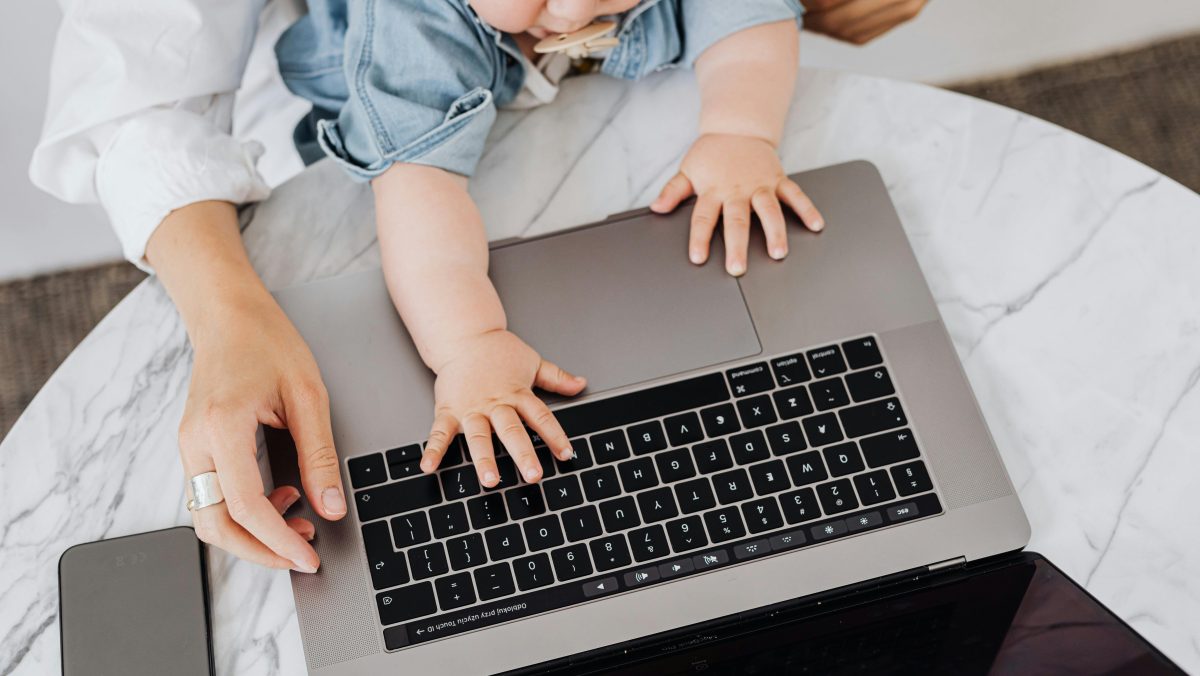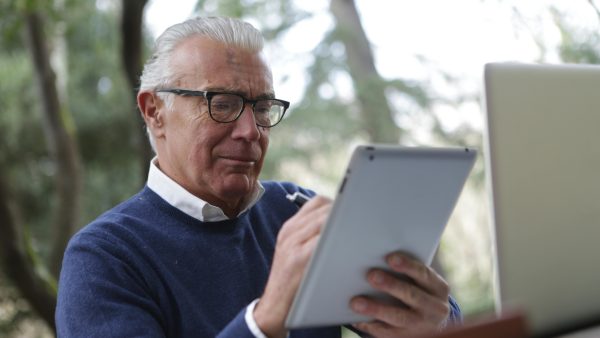The conclusions of the conference ‘Building together the digital world that our children deserve’ organised by the Fundación Telefónica this year highlight an important reality: technology is an essential part of our children’s lives, but its use must be guided with responsibility. The importance of finding a balance between digital and offline life was emphasised, as well as the crucial role of families in digital education.
One of the biggest challenges, and the one that generates the most conflict, is screen time. Experts at the conference warned of the negative effects of excessive device use, such as increased levels of anxiety, depression and difficulties regulating emotions, difficulty concentrating and sleep disorders. As a mother, I strive to set clear limits and promote healthy habits that balance mobile use with other family activities. I must admit that I don’t always succeed; it’s hard to accept that your daughter prefers her ‘digital connection’ to ‘disconnecting’ with the family, but I’m not giving up.
Another significant concern is the impact of social media on the mental health of teenagers. There was discussion of how exposure to unrealistic and airbrushed images and content can lead to anxiety, low self-esteem and social pressure. The key here is not to panic, although there are many fears (we read a lot about the dangers, cyberbullying, increasingly young access to pornography, internet and social network addictions…) and it is impossible to control everything, it is fundamentally important to be present and accessible when they want to talk. This is another challenge: communicating with an adolescent daughter who, in my case, is also very introverted. I’m working on it, trying to listen to her more, learning to read between the lines and encouraging her to reflect on what she sees online, teaching her to differentiate between reality and the idealised images she consumes on social media.
Based on the experts’ conclusions, I’m left with some important recommendations:
- Dialogue and trust: Encourage conversations about the responsible use of technology, listen to their opinions and arguments, take an interest in what my daughter does online and reassure her that she can come to me if she has any problems.
- Establish clear rules and boundaries: Define together times for using devices and screen-free times (mealtimes and bedtimes are sacred, as is respecting family time).
- Education in digital security: Learning together about online privacy and the risks of sharing personal information. In my case, it has helped me a lot to participate in the education and awareness initiatives on good digital habits for parents and teenagers offered by Fundación Telefónica.
- Promotion of activities away from the screen: Proposing screen-free family plans. We really like going out into the mountains and there we only use our mobile phones to follow the route and take photos of the landscape.
- Self-control and example: Recognising my own use of technology and striving to adopt healthy habits. I confess that I am not always a good example, I work with social networks and I find it difficult to disconnect.
It is not about demonising technology, but about accompanying our children on their digital journey, making sure they are safe and happy, and guiding them with love, communication and awareness. It is not easy, but we are












